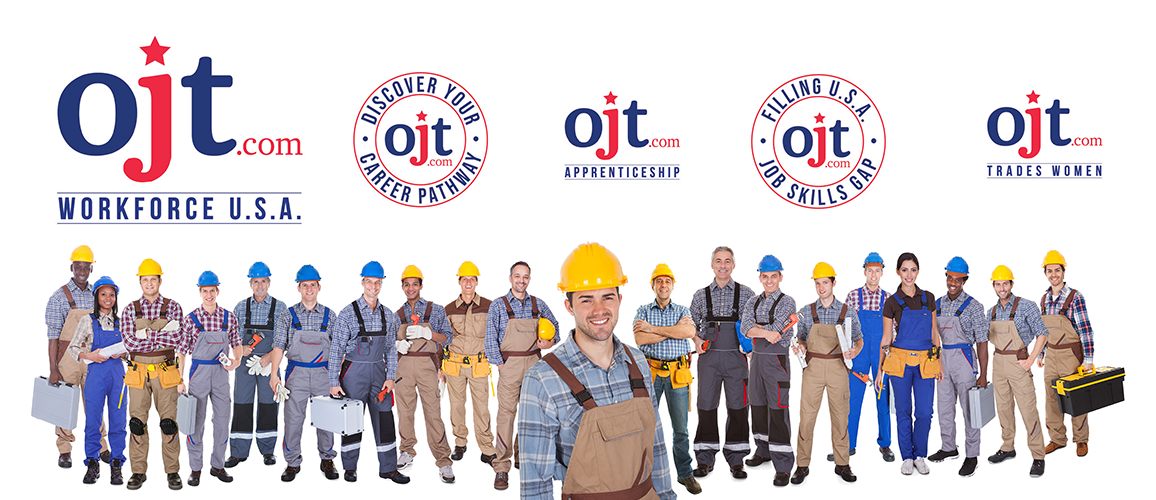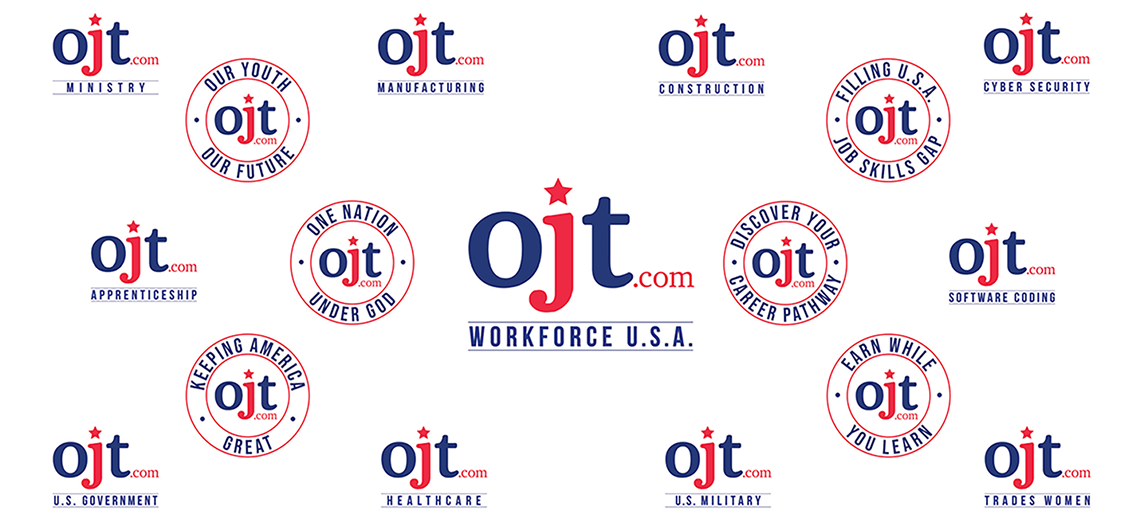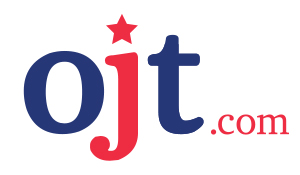 Property Management Industry – Growth Projection of 7%
Property Management Industry – Growth Projection of 7%
The Property Management industry is one of a handful of industries whose growth projections exceed the national average. The Bureau of Labor Statistics (BLS) predicts that employment within the property management industry should grow by 7% from 2018 to 2028.
The occupations included in this projection are property managers, real estate managers, and community association managers.
The BLS also reports that the median yearly income for property managers was $58,340 in May 2018. Which was less than $5,000 below the national median yearly income but $14,000 above national median yearly income for those without a four-year college degree.
Although some occupations in the property management industry highly prefer career seekers with a bachelor’s or master’s degree, most only require a high school diploma or equivalent. This means property management is a career path with exceptional earnings and growth potential for a career seeker without a four-year degree.

However, this is only scratching the surface of the appeal of a career in property management has. The average age of a property manager is 50 years old, while the average American worker is only 43 years old.
This career longevity and stability is what makes property management an increasingly attractive career path. With a large portion of the property management talent retiring within the next 10 to 15 years, a talent vacuum has been created that the property management industry needs to begin addressing.

Luckily, for the property management industry, the timing couldn’t be better. Just as Millennials, a generation marred by career disappointment, enters their mid-career stage and are ripe for a career transition.
Generation Z, the youngest, most ethnically diverse, and the largest generation in American history comprising 27% of the US population enter the workforce. Many of whom, overwhelmingly want to start on a long-term career path by the age of 30.
Property Management Companies Must Take Immediate Action to Fix Two Glaring Issues
Although, before the property management industry can capitalize on this influx of employees that are poised to supercharge the U.S. workforce and economy they must take immediate action. They must address two glaring issues that will impact the industry’s ability to effectively recruit and retain Millennials and Generation Z.
- The property management industry must implement solutions to decrease employee turnover and drastically improve retention. At 33%, the employee turnover rate for property management staff is much higher than the national average of 25%.
- Dig deeper and you’ll find that as much as 20% of staff turnover happens within the first 45 days. This is a direct result of poor onboarding. A serious and expensive problem, with the average cost of employee turnover registering at approximately 20% of a mid-range employee’s salary.
According to a recent LinkedIn survey, not having a clear path for advancement is the number one reason employees leave one job for another. Employee engagement is critical to the success of every company but is very challenging to maintain.
Companies must be intentional with keeping their employees engaged. All career seekers value the opportunity to learn new skills and grow into senior management positions.
But Gen Z and Millennials are digital natives who have grown up with technology, master digital workflows easily, and thrive in a technology-infused workplace. To create the company culture future employees can advance their careers, a holistic and digitized approach to career development and training must be implemented.
Creating Standardized Onboarding Processes Help Organizations Experience 50% Improved New Hire Retention
Creating a standardized onboarding process will help an organization experience 50% greater new hire retention. The days of only having an onboarding checklist are long gone. Tech tools are becoming the go-to solution for onboarding new employees.

Many companies utilize multiple technology options to get new hires up to speed. An automated and proactive onboarding process with a strategic human resources management approach is the most effective approach to onboarding that a company can take.
Automating onboarding tasks such as new employee forms, benefits enrollment, orientation to company information, and employment verification will also result in increased new hire retention. As well as enabling your managers to spend more time on the social and cultural elements of onboarding.

Digitizing and automating in-house training programs that offer employees the opportunity to familiarize themselves with on-site technology, property management software, departmental processes, role-specific duties, and governmental compliance is the foundation of the growing property management employees.
Standardizing these training programs industry-wide creates long-term career development blueprint that will attract and retain career seekers. Companies with strong onboarding and training processes have significantly better employees, retention, productivity levels, and overall satisfaction.
To be competitive and avoid losing talent thus incurring the high costs of employee turnover, you’ll need to create a culture that supports professional and personal growth, while encouraging feedback.
 OJT.com is creating career pathways for in-demand occupations with OJT Strategic Development, Apprenticeship Management, and Future Workforce Programs.
OJT.com is creating career pathways for in-demand occupations with OJT Strategic Development, Apprenticeship Management, and Future Workforce Programs.
To learn more about how OJT.com can help you achieve your workforce onboarding, training, and retention goals, email info@ojt.com.

